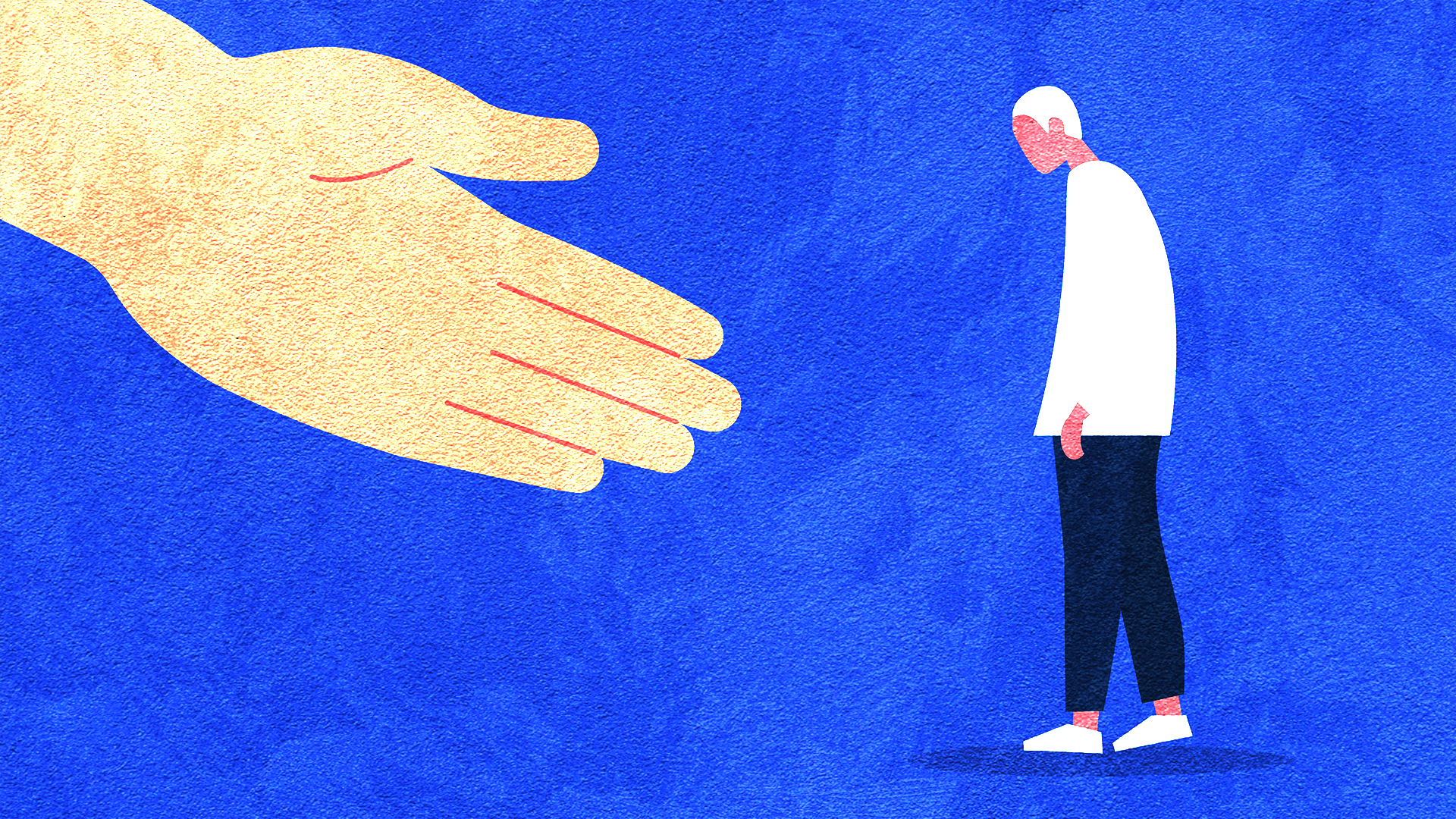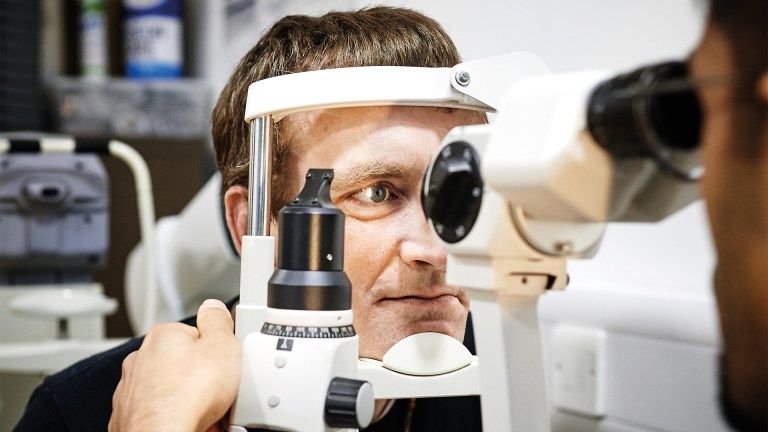My name is Danny, and I’m an alcoholic.
I’ve been saying those words for many years now, at various church halls and treatment centres all over London. For a recovering alcoholic and drug addict like me, going to regular meetings of Alcoholics Anonymous (AA) and all the other various 12-Step fellowships – Narcotics Anonymous, Cocaine Anonymous et cetera – is an essential part of my life.
Thousands of these meetings take place every day, all over the world. The meetings play a vital function for anyone trying to stay clean and sober. For the broken and busted newcomer, fresh in off the streets, they offer a beacon of hope. For the old-timers, a daily reminder of how things used to be. For all of us, a rich fellowship, a genuine sense of community, a cup of tea and a biscuit. Maybe even a hug when it all just gets too much to bear. And now the meetings are no more, effectively and understandably banned as part of the global effort to fight this brutal pandemic.
Alcoholics Anonymous, the doors of which have been permanently open since 1935, surviving one world war and countless other conflicts, has finally shut up shop. And yet. And yet. Only last night, as the UK entered lockdown, this London alcoholic took part in a wonderful 200-strong AA meeting hosted in Missoula, Montana. This afternoon I was on the Costa del Sol with my usual summer holiday gang in Nerja. Tonight, it’s Halifax in Yorkshire at 8pm then a late one in San Diego.
We tend to be a fairly independent, defiant bunch
I have been to more meetings in more countries this week as the world shuts down than I have ever been to in all my years of sobriety. How come? The obvious answer is technology, specifically Zoom, a platform unknown to most of us this time a few weeks ago, but now the very lifeline of the fellowships, as every day more and more meetings switch over to this online format. Undeniably weird at first, you soon find yourself settling into it, as the realisation grows that this now means we can go to any meeting anywhere at any time. It may not quite match the real thing, but right here right now it’s an absolute godsend.
The other less obvious answer though is something to do with the very fabric of alcoholics and addicts, and the very core of the 12-Step programme. We tend to be a fairly independent, defiant bunch. And hardy too. It actually takes a great deal of effort and resilience to persevere with the kind of insane drinking and drugging lifestyle we maintain right up until the moment we crash. And a lot of balls to finally admit that we are done and to take that long walk into that very first meeting. Isolation? We’re used to that. An illness that wants us dead? Tick. And the answer you say is us all pulling together and helping out the weaker members of the herd? Bring it on pal. And, of course, at the absolute heart of the 12-Step programme is a set of principles perfectly designed for this particular emergency. One day at a time. Acceptance is the answer. Take the necessary actions and let go of the outcome. And right in the middle of it all we have the Serenity Prayer, that mantra chorused by the congregation at the end of every single meeting. It’s usually prefaced by one of the flock saying something like “using the word God as you do or do not understand he, she or it”, and then we say it together in unison. “God grant me the serenity to accept the things I cannot change, the courage to change the things I can, and the wisdom to know the difference.” Not a bad mantra all in all for these terrible times.










